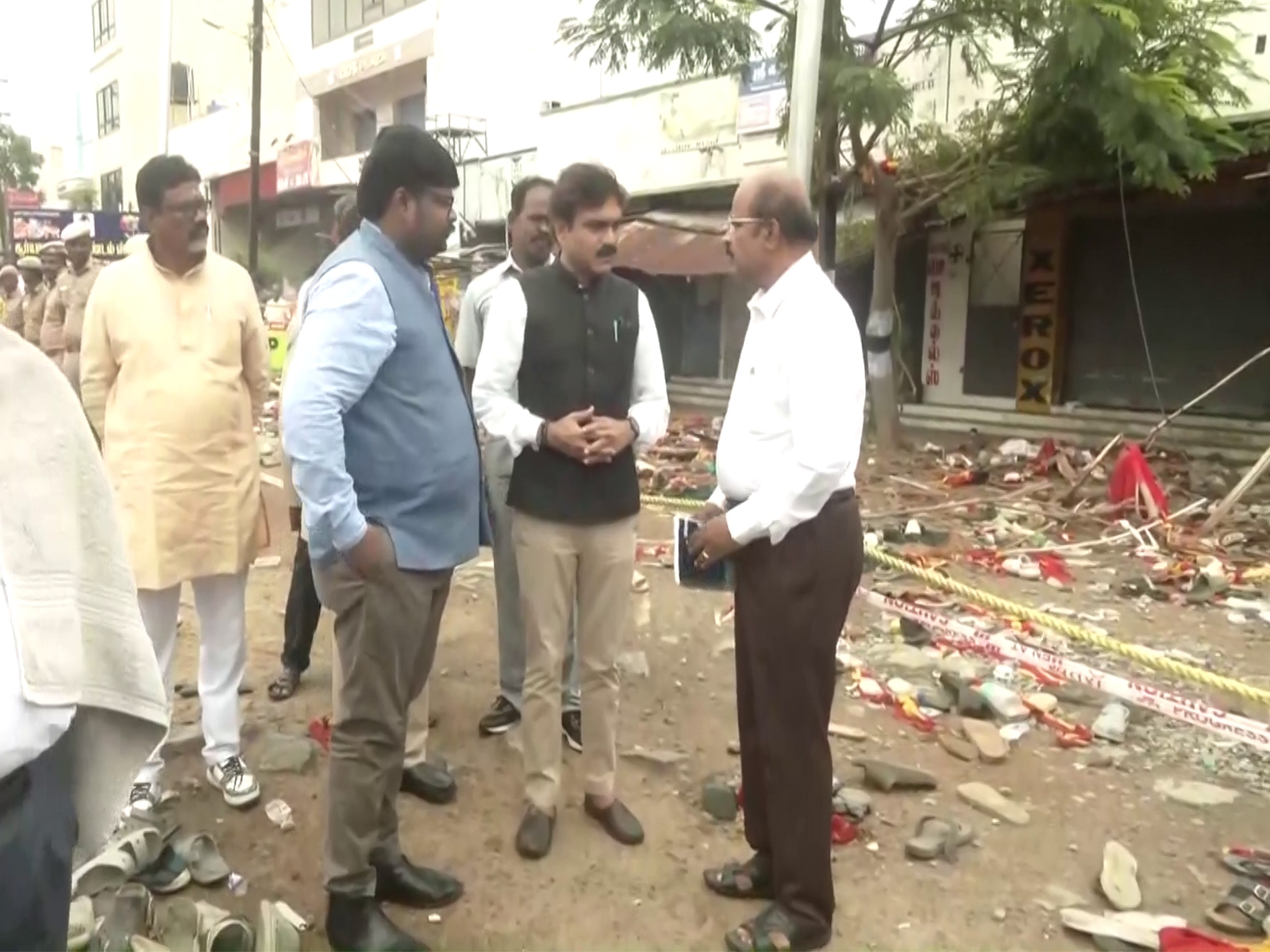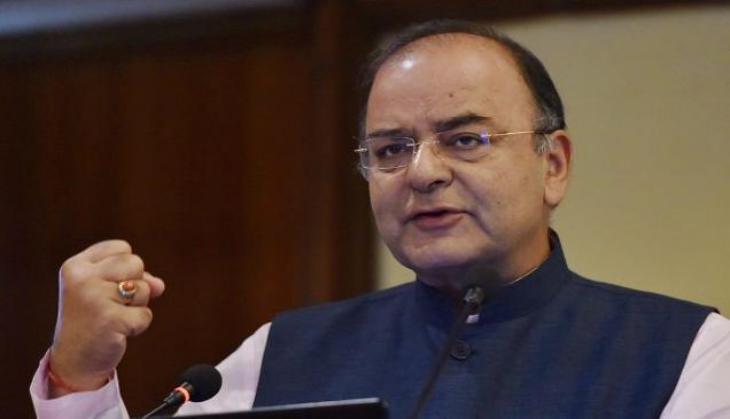
In signs of fracture, the Centre and states on 30 September disagreed on decisions reached at the first meeting of the GST council on service tax assessment although they reached a consensus on area based exemption in the new tax regime.
The second meeting of the all-powerful GST council, headed by finance minister Arun Jaitley, agreed on five subordinate legislations dealing with issues ranging from registration to invoicing under the new goods and service tax (GST) regime.
It also agreed on the treatment of exemption from GST. Currently, the Centre gives exemption to 11 states mostly in northeast and hilly regions from excise duty as also many states give the same as incentive for setting up industry.
The council decided that under GST, which will subsume excise duty and VAT among other levies, taxes will have to be collected and it can be reimbursed from the annual budgets to the exempted categories.
But there were divisions over ratifying or approving the minutes of the first meeting of the council, held last week, after at least two states disagreed with what was documented as decided on the Centre's assessing 11 lakh service tax filers in the new dispensation.
"Obviously the first item has to be approval of minutes of the last meeting. With regard to one item recorded in the minutes with regard to the service tax assessments in the new dispensation, there was a long discussion on the interpretation on the decision taken in the last meeting and that discussion consumed a lot of time today.
"That discussion was inconclusive and therefore it will continue in the next meeting on 18th (October)," Jaitley told reporters.
Non-ratification of even one item on the minutes means the whole minutes are not agreed. Initially, it was thought that the minutes should be put to vote as those objecting to them were far less than those agreeing but Jaitley wanted to take decisions with consensus and so it was postponed.
Uttar Pradesh's minister for vocational education and skill development Abhishek Mishra said the minutes were not approved in entirety.
The second meeting of the GST council finalised rules for registration, rules for payments, returns, refunds and invoices.
With this as many as 6 issues have been settled by the council, that has representatives of all the states, in two meetings in a span of one week.
Discussions on service tax assessment and the formula for calculating compensation to be paid to states in case of revenue shortfall as a result of implementation of the GST regime, possibly from April 1, 2017, would be taken up at the next meeting on 18-20 October.
It will also decide on the all important GST rate, Jaitley said, adding that the government is targeting November 22 for completing major work on deciding tax rate, exemptions and draft legislation by the council.
There were two items regarding draft GST rules on agenda of today's GST council meeting, he said.
"Now these rules are with regard to registration, rules for payments, return, refund and invoices. These rules are notified once the Act is passed... These 5 sets of rules were taken up for consideration and have been approved. So we are in a state of readiness with the subordinate legislation once the act itself is approved," he said.
The rules approved will form part of the supporting legislations needed to rollout GST. "So once the act is passed by Parliament or by the state legislatures as the case may be, we want the draft rules to be ready so that the rules can be notified immediately," he said.
Stating that the second item on agenda was treatment of existing tax incentives by the Centre, he said, has given some exemptions from excise duty to 11 northeast and hill states.
Similarly, states too give out a series of incentives.
"It is possible that some of the exemptions may get phased out. But for the exemptions which may remain how will these exemptions fit into the GST system. So the council took up for discussion the management of these exemptions. And it was agreed that there would be a levy of tax under the GST system on all exempted entities.
"Once the tax is levied, the central govt or state government, which gets that tax, would then reimburse from the budget, that quantum of tax back to exempted entity," he said.
Under the GST system, everybody will have to pay tax but those exempted would be entitled to be reimbursed the levy they pay.
On the issue of service tax assessment, he said the central government's understanding is that an arrangement as been finalised for continuing with the existing system and transferring it to states when their officers are trained.
On services that are taxed partly by the Centre and partly by states, he said experts will examine and report it in next meeting for a final decision.
Asked if tax exemptions would be grandfathered, Jaitley said: "It is not necessary to grandfather everything but if you do grandfather it then the process of payment of tax and reimbursement, it will be like a direct benefit cash being returned. Today, we discussed the principle by which exemptions would be dealt with."
There will be a levy under the GST tax on exempted entities, he said.
"Once the tax is levied, the central government or the state government which gets that tax would then reimburse from the Budget that quantum of tax to the exempted entity.
"So you will have the GST system in operation where everybody has to pay the tax but if you are an exempted entity and the state or Centre decides to continue that exempted entity then they would be entitled to that amount being given back to them," he said, adding that the details in each case will be worked out.
Which exempted entities will remain or not will be decided by states and the Centre, he said, adding that states would have to decide on exempted entities as they will reimburse tax to them.
Jaitley said there were discussions on interpretation of service tax, division of authority between centre and states, but they were inconclusive.
"Now after this, two items remain. The rates would be the big item to discuss and then after we will go to draft rules of GST law," he added.
Explaining how the area-based exemptions would be doled out, Jaitley said the centre gives incentives to North Eastern states. But the tax that comes to the central kitty, 58 per cent belongs to Centre and 42 per cent is devolved to the states.
"Hence, we (Centre) will reimburse only 58 per cent. How the remaining 42 per cent will be reimbursed that arrangement has to be worked out. I can't get 58 per cent tax and reimburse 100 per cent," he said.
The 14th Finance Commission in its report has scaled up devolution to states from the central pool of taxes to 42 per cent from 32 per cent.
"We are trying to build every decision through consensus. And as far as possible there is no voting because in that way federal spirit is maintained. Wherever possible dissent should not arise and wherever there is dissent it should be taken up in next meeting," Jaitley said.
Asked how the supply contracts, where both goods and services components are there, would be taxed in the GST regime, revenue secretary Hasmukh Adhia said that has been referred to the officers committee.
"So the question is what happens to those kind of cases where there is both goods and services. Now it will become supply contracts. Now the officers committee will look into this and come back to GST council," Adhia said.
-PTI



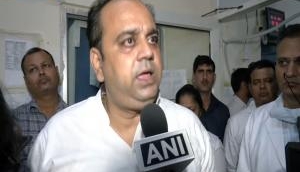
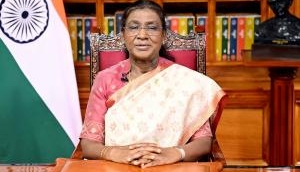
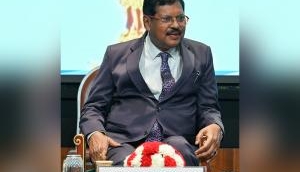
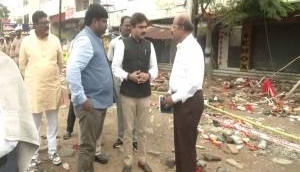
![BJP's Kapil Mishra recreates Shankar Mahadevan’s ‘Breathless’ song to highlight Delhi pollution [WATCH] BJP's Kapil Mishra recreates Shankar Mahadevan’s ‘Breathless’ song to highlight Delhi pollution [WATCH]](https://images.catchnews.com/upload/2022/11/03/kapil-mishra_240884_300x172.png)

![Anupam Kher shares pictures of his toned body on 67th birthday [MUST SEE] Anupam Kher shares pictures of his toned body on 67th birthday [MUST SEE]](https://images.catchnews.com/upload/2022/03/07/Anupam_kher_231145_300x172.jpg)






